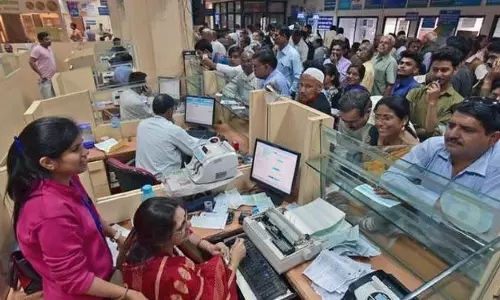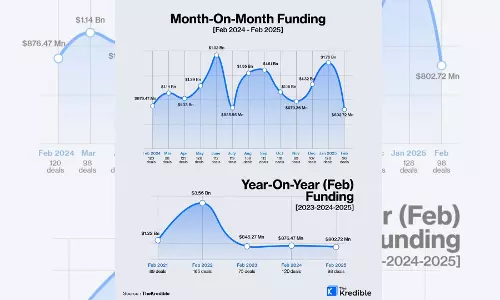Big cyberattack slows down Net
If you’ve been facing an extremely slow connection while accessing Facebook, Twitter or Gmail in the past two days, blame it on the biggest Internet attack in history. Most Indian Internet users became unwary accomplices of the massive cyberattack unleashed by a web-hosting firm against an anti-spam outfit.;
If you’ve been facing an extremely slow connection while accessing Facebook, Twitter or Gmail in the past two days, blame it on the biggest Internet attack in history. Most Indian Internet users became unwary accomplices of the massive cyberattack unleashed by a web-hosting firm against an anti-spam outfit. With most Indian ISPs latched on to open DNS (domain name servers), they all became passive participants in the huge Internet attack that slowed down most services, including social media sites and email systems. “Most BSNL users, including our own folks, complained about extremely slow access to websites,” said Cyber Secu-rity and Privacy Found-ation security researcher Prashanth Srihari. Web-hosting firm Cyber Bunker unleashed a massive 300Gbps DDoS attack on anti-spam outfit Spamhaus for adding it to a list of unwelcome Internet sites. Retaliating for the blacklisting, the host company and several eastern European gangs apparently enlisted hackers who in turn put together huge “botnets” of computers to knock out the Spamhaus system. “Rather than aiming the traffic directly at Spamhaus’ servers, the hackers exploited DNS servers,” explained J. Prasanna, CSPF founder-trustee. These servers accept a normal readable website address and gives a machine-readable one. Experts warn of possible repeat attacks unless the Indian ISPs patch this vulnerability.





